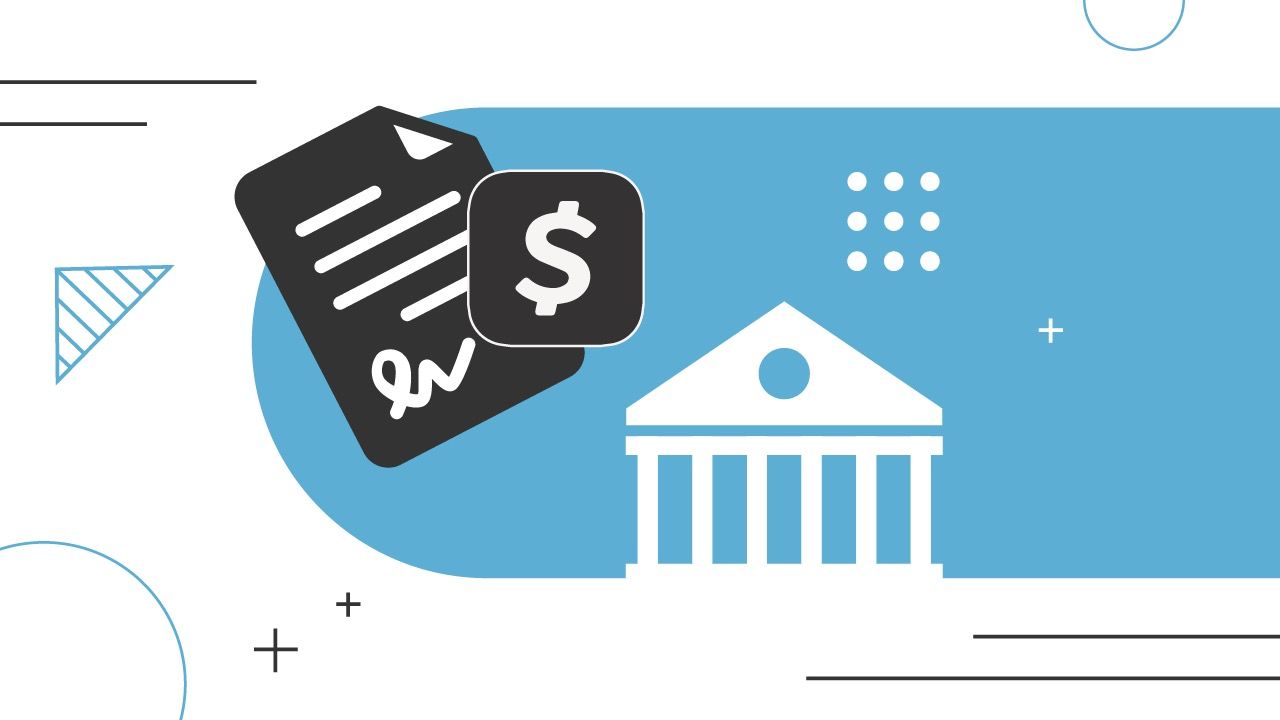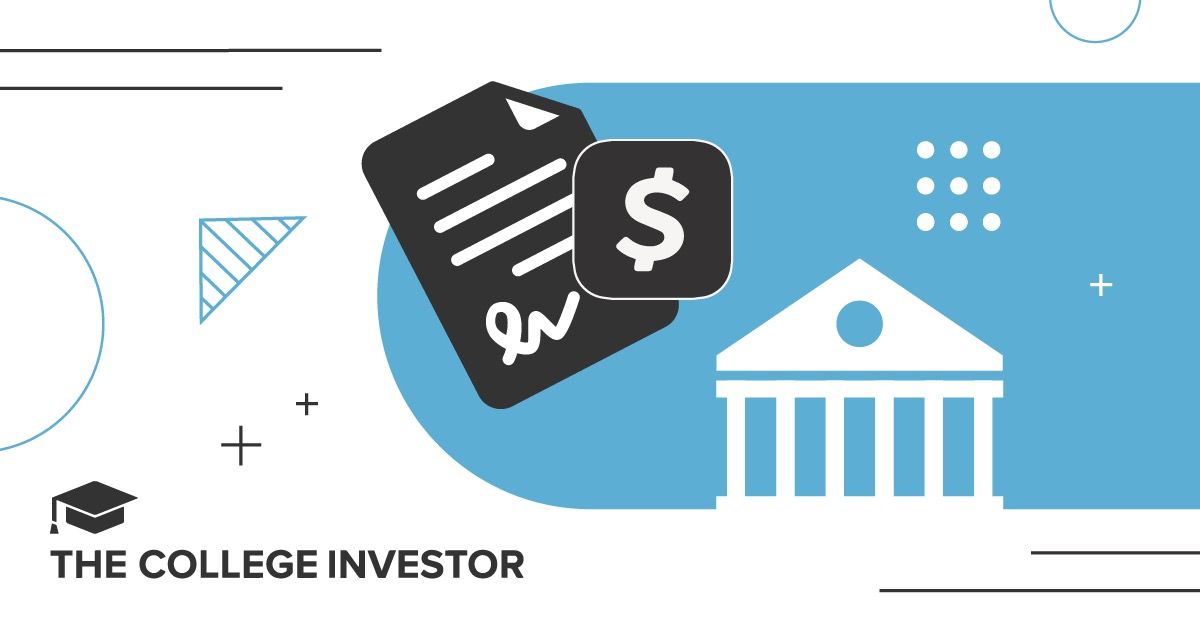
Investing in individual bonds vs. bond funds is very different.
Many people are under the impression that bonds are usually safer investments than stocks because you don't lose your principal. However, that is not always the case, especially if you buy bonds in a bond fund.
Bonds can be just as risky, and even more risky, than stocks, if not researched thoroughly.
Recently, I wrote about creating a Diversified Bond Portfolio to avoid this, and I got a lot of feedback about how now is not a good time to buy bonds because interest rates are so low (thus prices are very high), and so you could lose money. And that is the case, if you buy a bond fund.
Buying Individual Bonds
A bond is debt issued by someone, usually a company or government. It is essentially an IOU with interest. By buying a bond, you are lending that institution money for a specified period of time.
For example, GE is offered a series of bonds with the following statistics:
Maturity: 7/15/2020
Coupon: 4.050
Price: $1,000
Coupon Frequency: Semi-Annually
Callable: No
What this means is that you would lend GE $1,000 until 7/15/2020. In exchange, GE would pay you interest of 4.050% semi-annually. If a bond is callable, it means that GE could redeem the bond early, which in this case it cannot. At maturity, you will receive your entire principal back.
You can sell bonds prior to maturity, but you could gain or lose based on current market conditions for that bond (just like a stock). However, the bond market is predictable in that people want the following: safety, coupon amount, price. So, since GE is highly rated, if the coupon it offered on future bonds went down, this bond above would go up in price since it would be more valuable to investors. If you hold a bond to maturity, none of this applies.
This is what bond traders do. And this relates directly to bond funds.
Buying A Bond Fund
A bond fund is simply a fund that invests in many different bonds. Many funds target bond sectors (just like stocks), so would focus on US Treasuries, or municipal bonds. And since bond funds are always buying and selling bonds, you can lose value. Very rarely do bond funds hold bonds all the way until maturity. That would lock up capital for a long period of time, and most funds simply can't do that.
In fact, many bond funds actually have much higher turnover than stock funds. Turnover is the percentage of the portfolio sold during the period (usually annually). As a result, bond funds also have higher expense ratios than stock funds.
So, why would you lose money on your bond fund if interest rates rose? Because the basket of bonds would drop in price, and the fund would actually sell those bonds and buy into new bonds with higher interest rates. Unlike owning a bond by itself, which you would get your principal back at maturity, a bond fund will continue to sell to find the best coupon at the time.
So, if you invest in a bond fund, make sure you fully understand the bond fund's performance over time.
Individual Bond vs. Bond Fund
There are pros and cons to each type of investment.
An individual bond gives you a specific investment, return, and if you invest in US Treasury bonds, safety. However, your money is effectively locked in or else you have to sell your bond on the secondary market. There is also risk in not being diversified, especially if you invest in corporate or municipal bonds.
A bond fund can give you diversification, convenience, and potentially control over maturity. However, the risk with bond funds is the NAV (net asset value) can fall as the daily values of the underlying bonds fluctuate. As such, the actual value of the bond fund can rise or fall as well - outside of whatever income you're earning. If you're looking to liquidate your holdings, this can result in a loss.
The Balance
It is tough because most investors don't have the capital to build a diversified bond portfolio outside of a bond fund. Most bonds require an initial investment of $1,000 each to start. And this gets you one bond. A bond fund may be the best way to go.
However, make sure that you read the prospectus and understand what the fund managers are doing with the portfolio. And, finally, understand that bond prices go down when interest rates go up, and so you could lose money in the near term since interest rates are at all time lows.
What are your thoughts on buying individual bonds vs. bond funds?

Robert Farrington is America’s Millennial Money Expert® and America’s Student Loan Debt Expert™, and the founder of The College Investor, a personal finance site dedicated to helping millennials escape student loan debt to start investing and building wealth for the future. You can learn more about him on the About Page or on his personal site RobertFarrington.com.
He regularly writes about investing, student loan debt, and general personal finance topics geared toward anyone wanting to earn more, get out of debt, and start building wealth for the future.
He has been quoted in major publications, including the New York Times, Wall Street Journal, Washington Post, ABC, NBC, Today, and more. He is also a regular contributor to Forbes.
Editor: Clint Proctor Reviewed by: Chris Muller
